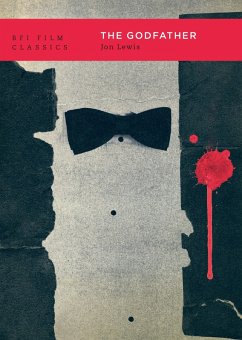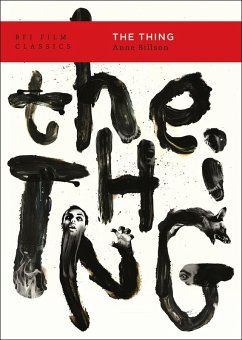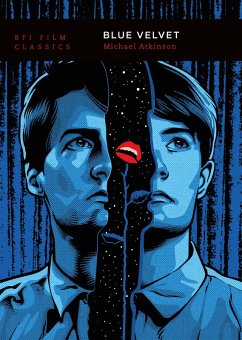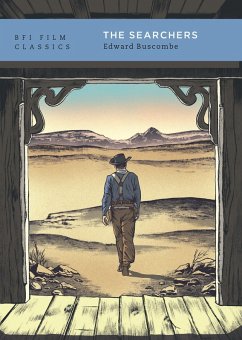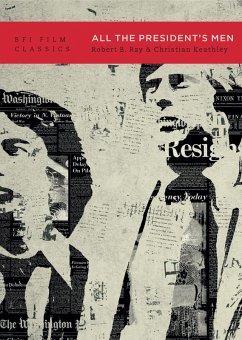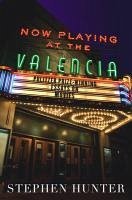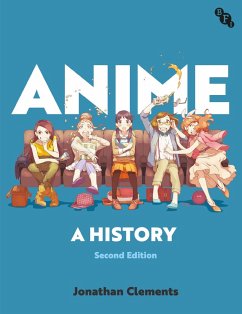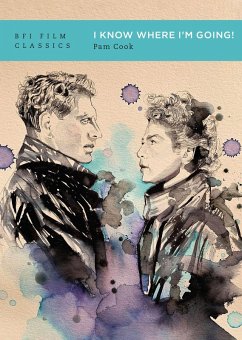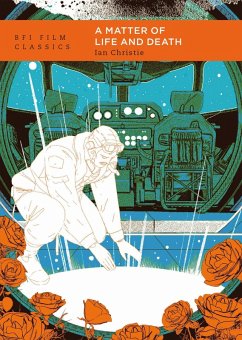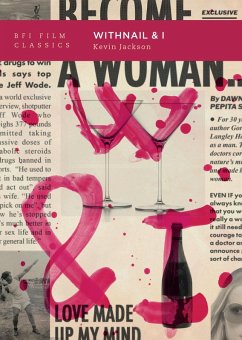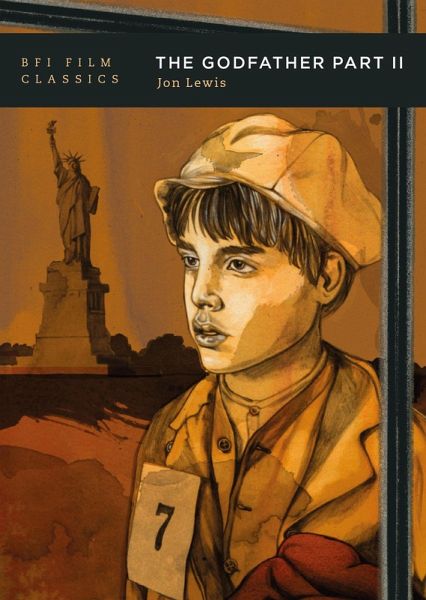
The Godfather, Part II (eBook, ePUB)
Versandkostenfrei!
Sofort per Download lieferbar
11,95 €
inkl. MwSt.
Weitere Ausgaben:

PAYBACK Punkte
6 °P sammeln!
Francis Ford Coppola's The Godfather, Part II (1974) is a magisterial cinematic work, a gorgeous, stylized, auteur epic, and one of the few sequels judged by many to be greater than its predecessor. This despite the fact that it consists largely of meetings between aspiring 'Godfather' Michael Corleone and fellow gangsters, politicians and family members. The meetings remind us that the modern gangster's success is built upon inside information and on strategic planning. Michael and his father Vito's days resemble those of the legitimate businessmen they aspire or pretend to be. Jon Lewis's st...
Francis Ford Coppola's The Godfather, Part II (1974) is a magisterial cinematic work, a gorgeous, stylized, auteur epic, and one of the few sequels judged by many to be greater than its predecessor. This despite the fact that it consists largely of meetings between aspiring 'Godfather' Michael Corleone and fellow gangsters, politicians and family members. The meetings remind us that the modern gangster's success is built upon inside information and on strategic planning. Michael and his father Vito's days resemble those of the legitimate businessmen they aspire or pretend to be. Jon Lewis's study of Coppola's masterpiece provides a close analysis of the film and a discussion of its cinematic and political contexts. It is structured in three sections: "The Sequel," "The Dissolve," and "The Sicilian Thing" - accommodating three avenues of inquiry, respectively: the film's importance in and to Hollywood history, its unique, auteur style and form; and its cultural significance. Of interest, then, is New Hollywood history, mise-en-scene, and a view of the Corleone saga as a cautionary capitalist parable, as a metaphor of the corruption of American power, post-Vietnam, post-Watergate.




